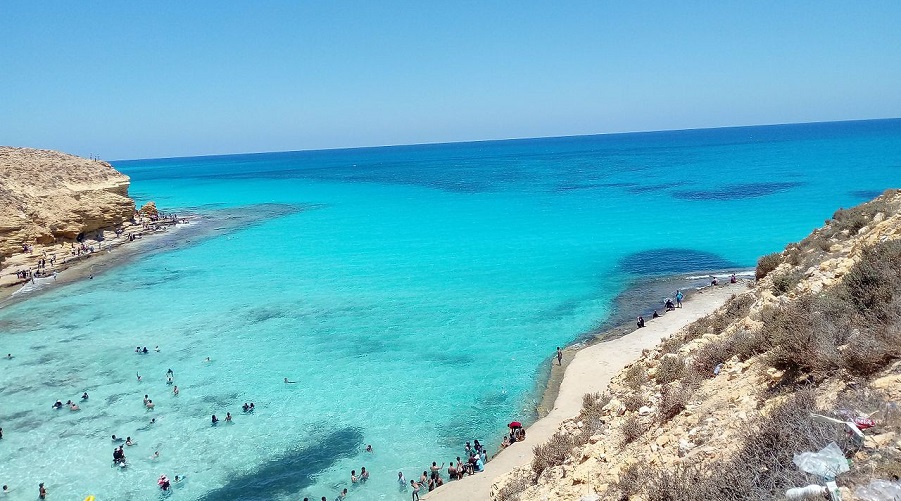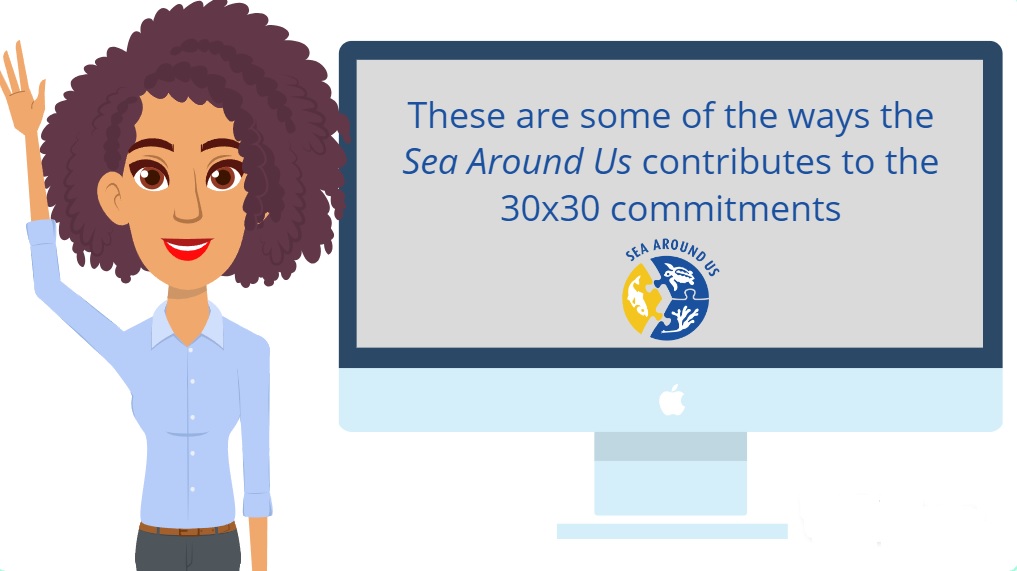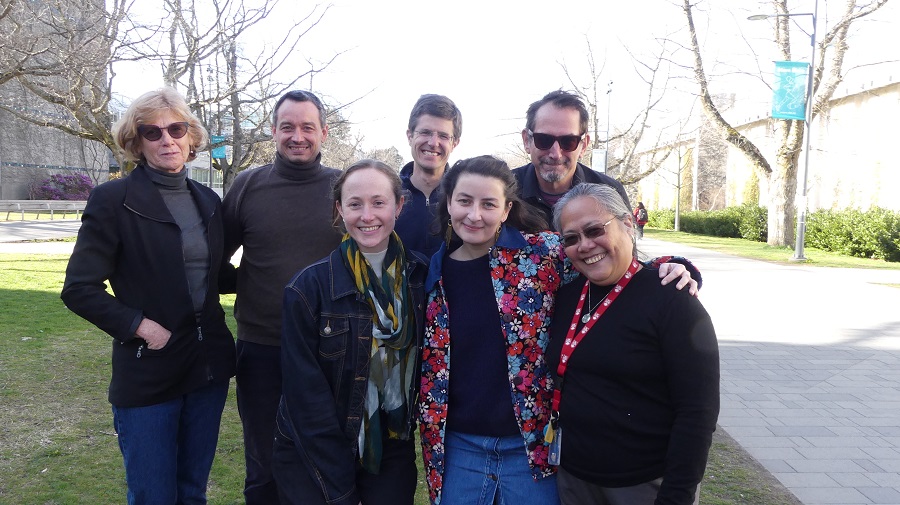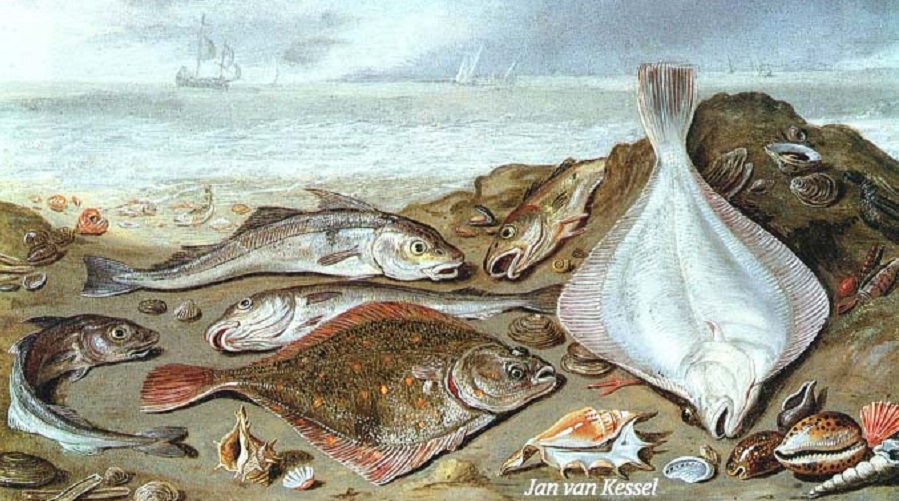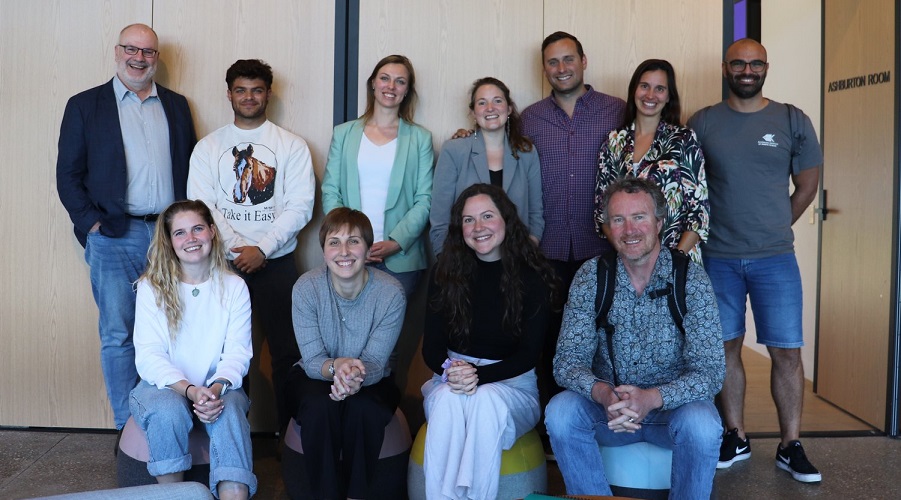
Sea Around Us – Indian Ocean team with Harvard University’s Christopher Golden, Jessica Zamborain Mason and Laura Elsler.
Professor Dirk Zeller, the director of Sea Around Us – Indian Ocean, recently hosted Harvard University professor Christopher Golden and his post-doctoral researchers, Dr. Jessica Zamborain-Mason and Dr. Laura Elsler. This collaborative effort, backed by a 2023 University of Western Australia Research Collaboration Award, encompassed a week of insightful events designed to deepen joint efforts and advance research. The itinerary included a welcoming meet and greet, a master class workshop, and a public lecture.
Continue reading


